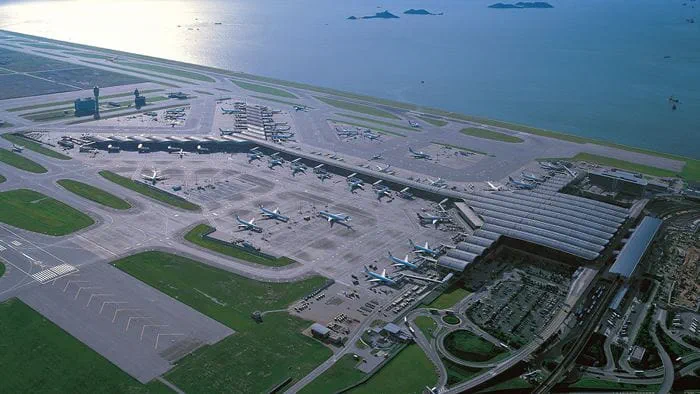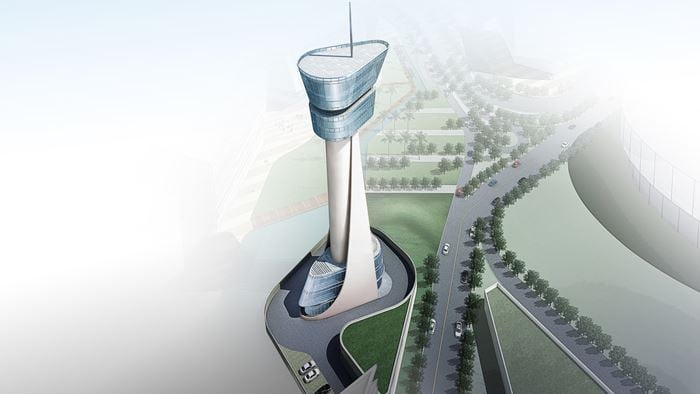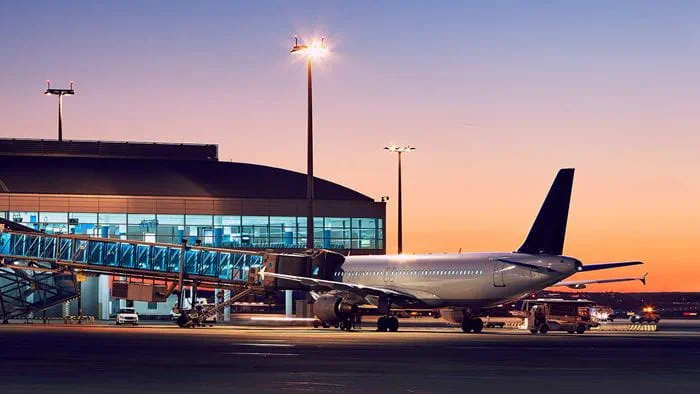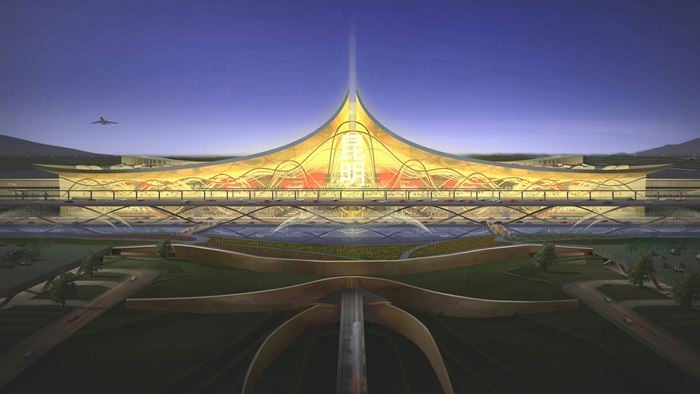Queues, queues, queues. Whether shopping or travelling, the public hate them. So does business because delays mean potential lost profits. Efficient processing is the challenge for 21st century supermarkets and airports alike. Be it fruit or vegetables, passengers or bags, pure profit mentality says get people in, encourage them to spend lots of money and get them out the door as fast as possible. Rapidly advancing technology is making this easier than ever.
Despite a pretty tough decade with fuel prices on the rise and capitalism now on the wane, the world population just keeps on growing. To cope with increasing demand, both supermarkets and airports have followed a similar trend to tackle efficiency – automation.
Why should you need to call an agent to know there’s a queue building up? Why should you need a staff member to process a payment for a customer? The whole point of IT is to simplify business. If it can be done automatically or easily by the customer, then do it. Hence, the deployment of self service kiosks and online check-in.
For airports the emergence of reliable biometric technology is giving rise to the deployment of fully automated passenger processing systems: self-service bag drops, automated immigration gates and automated boarding gates where manual checks can be replaced using e-passports.
Couple these systems with the advent of full body scanners, it means that in the near future you may be able to turn up at the airport, drop your bags off, pass through security, go shopping and board your aircraft without ever needing to meet a staff member. Such convenience requires a great deal of systems integration, well designed facilities planning and lots of stakeholder engagement.
However, both industries agree that you still need the traditional methods to cope with exceptions. For airports, there is also the issue with premium services. Why would a first class passenger want to use the same process as an economy passenger? How do we deal with passenger with restricted mobility?
The digital revolution that has driven automation is only going to grow exponentially in the future but ultimately it is human behaviour that will determine of how far and fast this trend will go. Airports should be looking to emulate the successes of other industries but need to be mindful of airlines desire to differentiate themselves for healthy competition, as well as ensuring a safe, secure and enjoyable journey for every passenger.
The future of airport passenger processing systems is certainly greater automation. The key challenge for airport operators is to collaborate with their stakeholder community of airlines, control authorities, and passengers to deliver coordinated services which address the impact of automation on their people, processes, facilities and systems. A great service is only achieved by delivering excellence on all of these fronts and if the outcomes are fewer, quicker, and shorter queues.
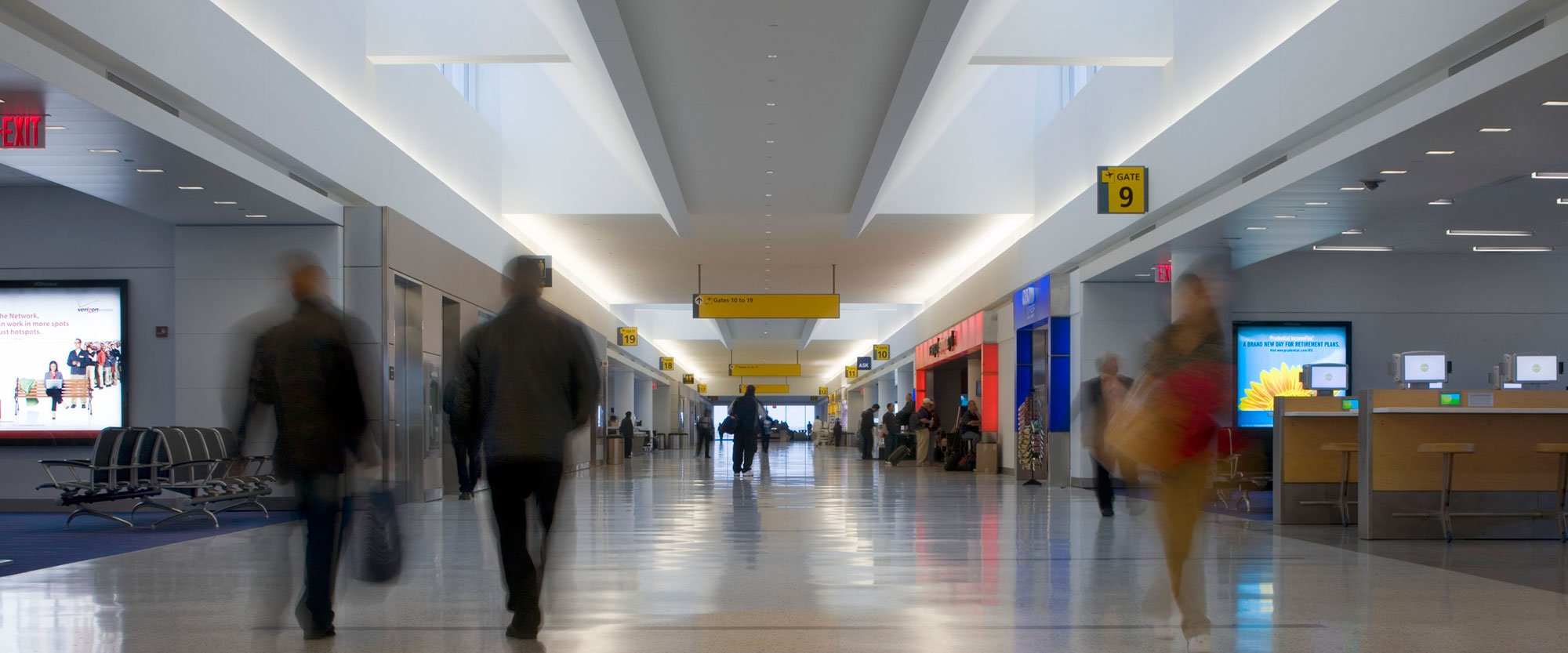 ;
;

